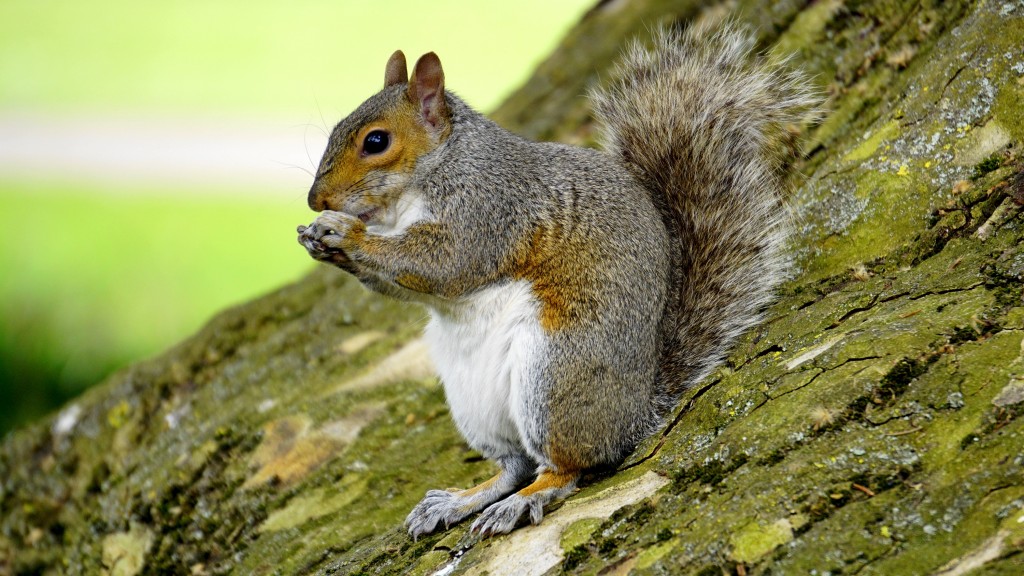Remember the talking dogs in the Pixar movie “Up?” If you haven’t seen it, the dogs are outfitted with a device that translates their thoughts and barks into human language so we can hear what’s going on in their heads, to great comic effect.
One running joke is that whenever a squirrel is nearby, every other thought vanishes. All of the dog’s attention focuses on the possibility of squirrel. Squirrel!!!!
It’s hilarious. But it’s also a tiny bit uncomfortable, because we all have our “Squirrel!” moments – particularly when we’re at a difficult stage of a writing project. Any distraction whips us away from the work.
What’s Your Squirrel?
What happens when you get stuck on a writing project, or cannot get started? The words aren’t coming smoothly, and then…
- Someone stops by the office
- You hear the ping of a text message
- You decide to check the email in case something important has come in.
- You notice on the browser tab that you have a new Facebook notification.
Almost anything can serve as a distraction when you’re writing. Sometimes the outside world intervenes, but often we bring interruptions on ourselves.
It’s easy to rationalize our digressions from the work:
- It’s urgent! Someone is waiting for me to return that text or email message.
- It will only take a moment to check Facebook. (Then 30 minutes pass while I read and respond to posts.)
Previous posts discussed The Muse and the Scribe as two parts of the writer’s brain. The Muse loves variety, feeding on input from many disparate sources to draw connections.
When the Muse isn’t interested or involved in the writing, it will look elsewhere for distraction. If you’re trying to sit and do the work, you need the Muse to stay on the job, or at least not lure the Scribe away with cat videos.
The Best Defense Against Distraction
In the book Willpower: Rediscovering the Greatest Human Strength, Roy Baumeister and John Tierney outline research on willpower and self-control. Research reveals an important fact about people who display high levels of self-control: they set themselves up for success. According to Tierney and Baumeister,
These people have less need to use willpower because they’re beset by fewer temptations and inner conflicts. They’re better at arranging their lives so that they avoid problem situations.”
To keep your Muse on task, reduce the number of squirrels around you (metaphorically).
Close the door to the office, silence the cell phone, and shut down other windows. Many writers create Spartan writing environments or use applications like Freedom to disable other applications while writing.
What’s your most compelling distraction when writing? Know the enemy and plan for it.
For a detailed description of how the Muse participates in the writing process, see the book The Writer’s Process: Getting Your Brain in Gear.
(Squirrel image via Mike Birdy on StockSnapio)
